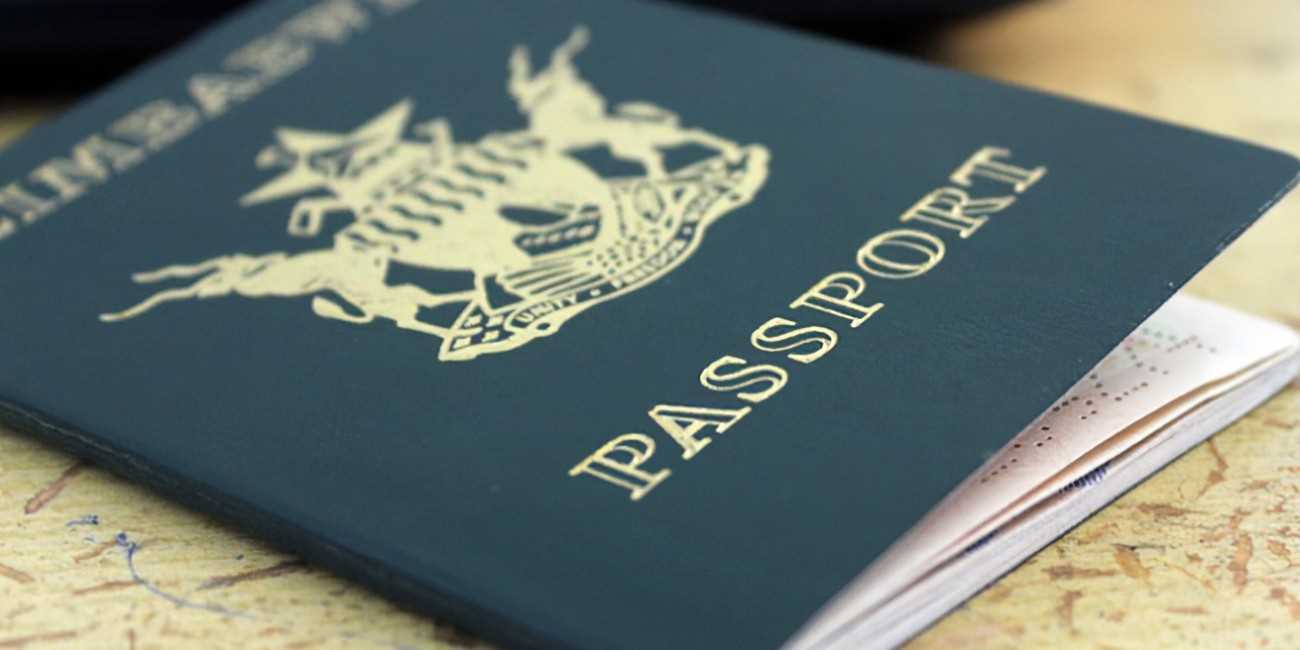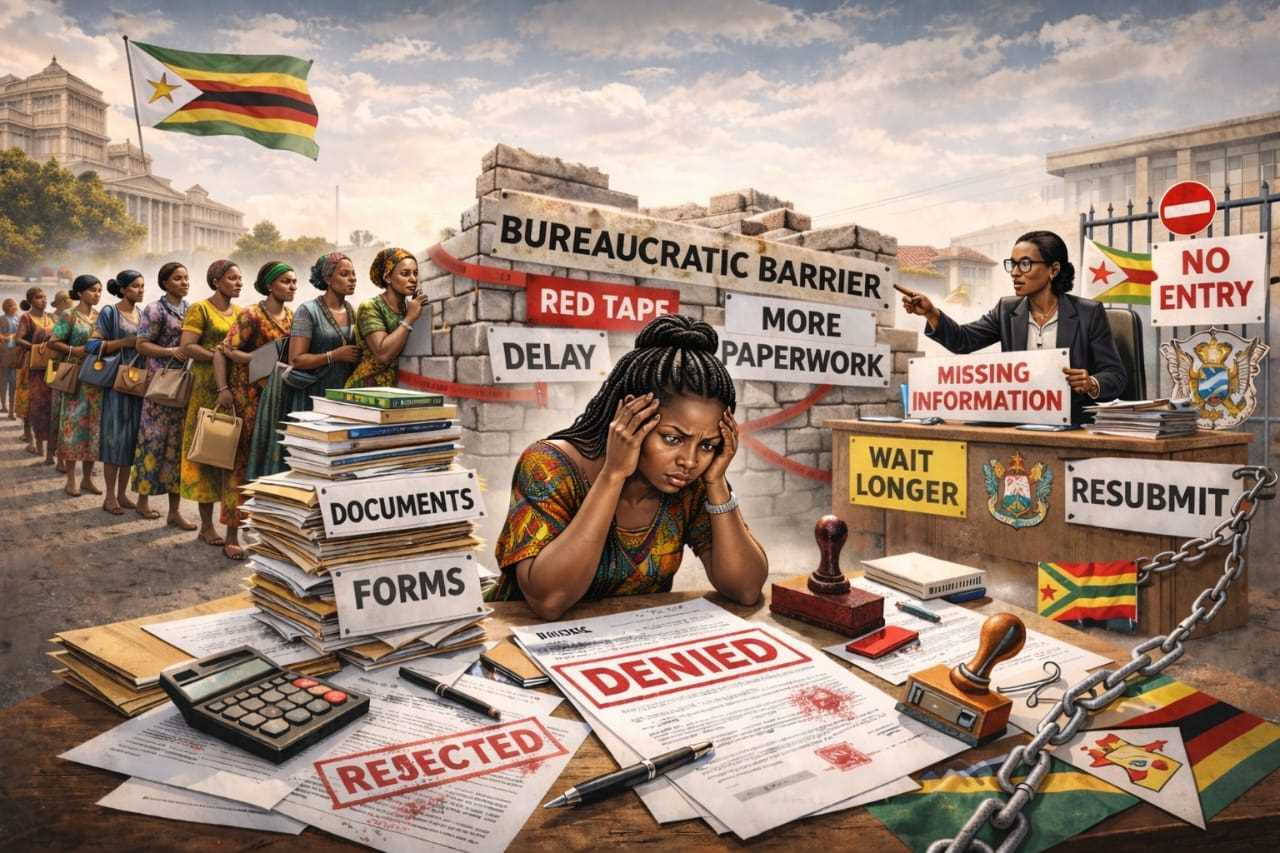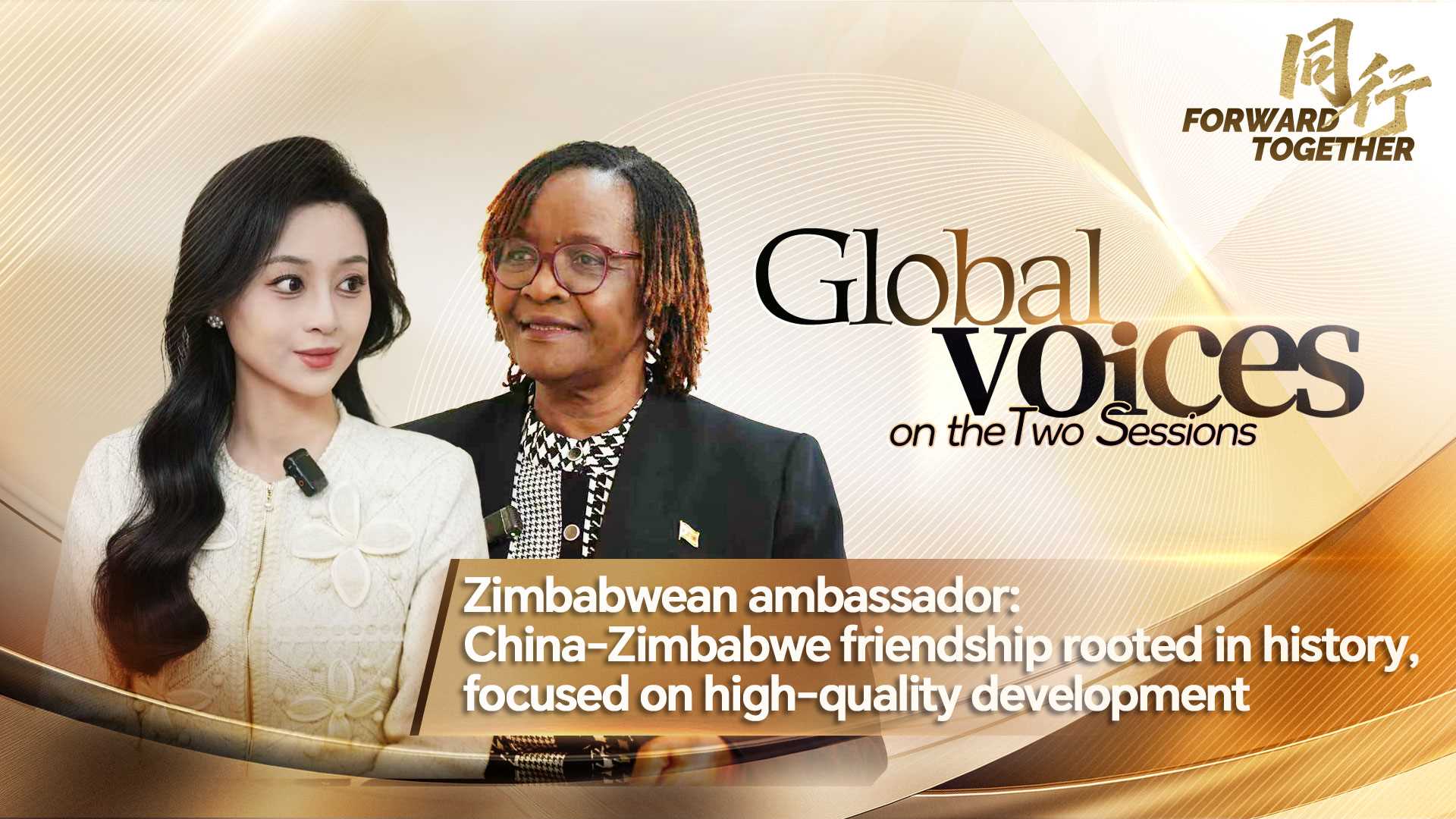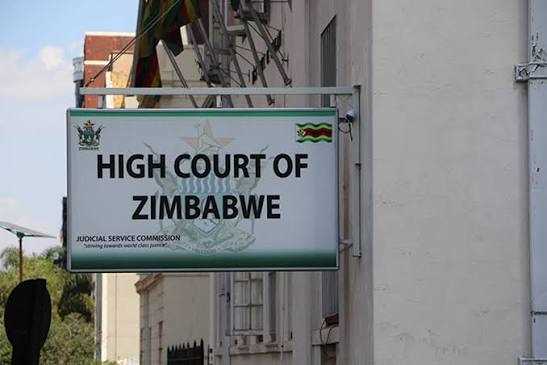
Nyashadzashe Ndoro
CHIEF REPORTER
Zimbabweans seeking passports are facing a new hurdle: currency. While the country recently introduced the Zimbabwe Gold as its new currency, passport payments remain stuck in the past, requiring US dollars only.
This has caused frustration for many, as USD can be difficult to obtain legally.
Parliamentarians recently addressed the issue with Finance Minister, Professor Mthuli Ncube.
The Minister acknowledged the inconvenience and explained the situation. The government, he said, signed a contract with a foreign company to produce e-passports and clear the long queues that plagued the system.
This contract, however, is denominated in USD.
While acknowledging the “valid request” to accept ZiG, Ncube highlighted the need to honour the existing contract. The government is exploring ways to resolve this but cannot switch currencies overnight.
“We are currently in a multi-currency system so really you should be able to pay with other domestic currency, the ZiG or foreign currency which, by default, is the USD. What has happened is that when we worked hard as government and I think the public appreciates, to clear the long queues that had arisen out of the process of acquiring travel documents and passports and we have cleared those queues very successfully; we had to negotiate a contract with the service provider and that contract is denominated in hard currency, in USD,” he said.
“It is not easy overnight to just say overnight, start paying in ZiG. We need to be sure that we are not violating that contract and that we will be able to meet the requirement for servicing that loan but it is a valid request and observation which we are actively looking into but I just wanted to highlight that we have got that issue in the background of honouring a contract signed between the government and a service provider who has done very well in the production of passports.
Related Stories
“Now, we are seeing them expand right across the country, into SA, UK and other sectors across the globe where citizens we will be able to apply for a passport and get it on time as an e-passport. Looking into this, but for now we have this obligation which we must take into account.”
This explanation has not quelled all concerns.
MP James Sithole asked if a temporary solution, like partial payment in ZiG and USD, could be implemented.
Many Zimbabweans, he argued, struggle to find USD legally. “My supplementary question is; can this be possible to ensure that we pay partly in ZiG and partly in United States dollars whilst they work out the modalities? Most of the people who want to apply for passports are not able to find United States Dollars except through illegal markets.
“The Minister of Finance, Economic Development and Investment Promotion said they are scrutinising the contract between the service provider of the passports versus government to ensure that this issue maybe worked on amicably. So, the Minister said they are looking at the contract,” said Sithole.
Minister Ncube seemed surprised by the complaints, as the issue was not present with the previous Zimbabwe Dollar. However, he did concede that the government is indeed “scrutinising the contract” to find an amicable solution.
MP, Prosper Mutseyami, took a different approach. He questioned the identity of the company behind the passport contract, implying that transparency might be needed to find a way forward.
He asked: “... my supplementary question is, this company that was given a tender to provide passports, whose company is this that is making us suffer like this which is really pushing us to try and think how best we can solve this, can you please tell me who the shareholders of this company are?”
While the ZiG aims to stabilise the economy, its usability for essential services like passports and fuel remains limited.
Analysts and government critics have been urging the government to defend the new currency in the open market by allowing it to transact in everything.




















Leave Comments